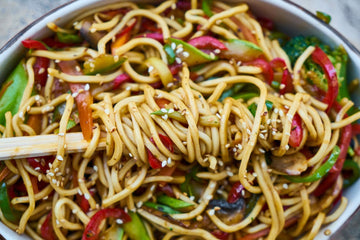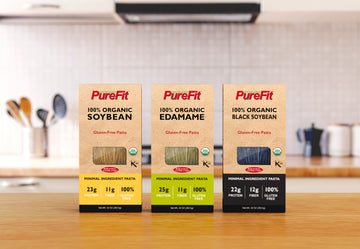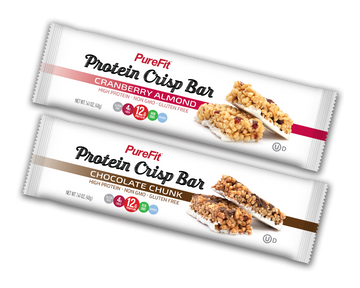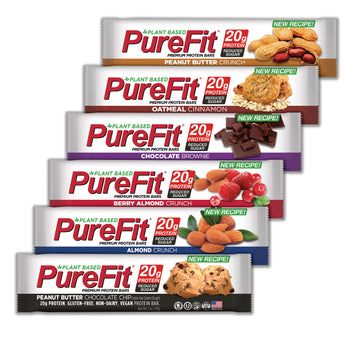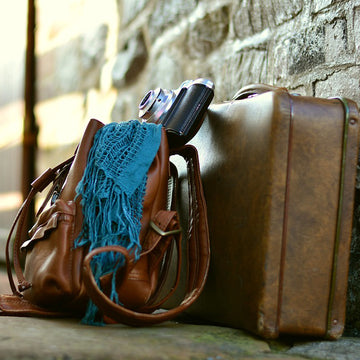
Experiencing the local food culture is an exciting experience when you’re traveling. But there are some reasons why even seasoned travelers resort to packing their own food items such as nutrition bars when they’re taking a trip.
- Eating out constantly can create a huge dent in your trip budget.
- You may have specific food allergies or intolerances.
- You may have concerns about food safety or hygiene and the possibility of picking up illness or disease as a result.
- You have been asked to follow a strict diet on the Doctor’s orders.
- Having your own food on hand helps you deal with cravings at any time of the day or night when it’s difficult to source food locally.
Here are some tips on how you can pack healthy food on-the-go to make your travel a lot more tummy-friendly:
Make a Plan
Most of the challenges that arise out of food emergencies can be avoided by making a plan in advance before you travel. The methods of food packing can differ depending on whether you’re going for trips of a short duration (1 -3 days) or of a longer duration (several weeks or more).
Short trips give you the flexibility of carrying more cooked or ready-to-eat meals. Think about the types of foods that are travel-friendly, how you will carry them, and how you plan to cook or consume them. Consider the arrangements you will have at your disposal where you’re staying to store and prepare your meals (fridge/freezer, kettle, microwave, stovetop…etc.)
Foods That Travel Well
For very short trips, you can prepare ready or ready-to-cook meals and pre-pack into reusable containers. Some easily portable options include:
- Oats
- Noodles/Pasta/Rice
- Leftovers
- Sandwiches
- Eggs (hard-boiled)
- Juices/Soups
- Nutrition bars or other portable road trip snacks like nuts.
- Fruits and Vegetables
- Cheese
- Macaroni
- Your favorite tea/coffee/other drink sachets.
Transporting, Storing, and Preparing Meals
Ready-to-eat meals can be stored in a portable cooler (which normally can keep your food cold for up to 2 days at a time with ice). Small coolers can be very comfortably accommodated into your vehicle for road trips. Also, consider portable versions of a rice cooker and electric hot plate based on whether you will have a built-in kitchen where you will stay.
Pack cutlery and crockery items such as knives, spoons, and forks, a chopping board, and a few dishes to eat out of. A water bottle, reusable containers, and zip-lock bags can be particularly handy when you’re traveling. Add small cleaning items such as washing liquid and sponges/scrubbers too.
Certain items may not be permissible on board an aircraft if you are planning to fly to your destination. Always check regulations and keep questionable items, like your knives, in your checked in baggage, if allowed.
Carrying food with you when you’re traveling may seem like a strange thing to do initially. But, clever planning and using a variety of different options can help you eat healthily, stay safe, and control cravings wherever you are.
What are your favorite methods of packing food items for traveling? Let us know.

